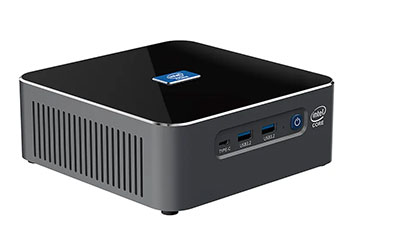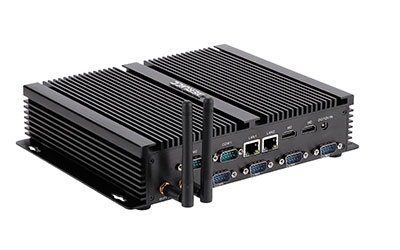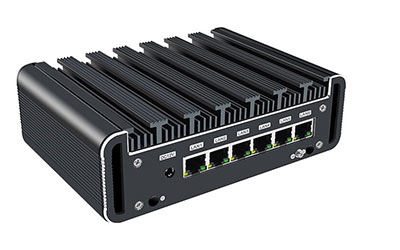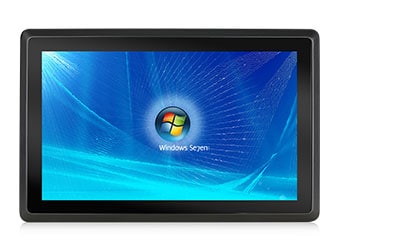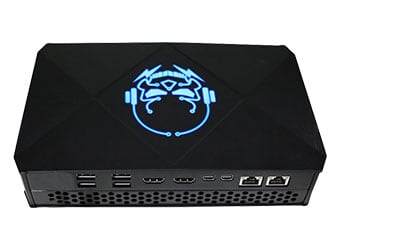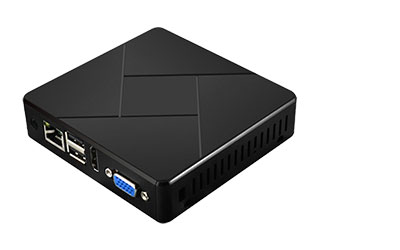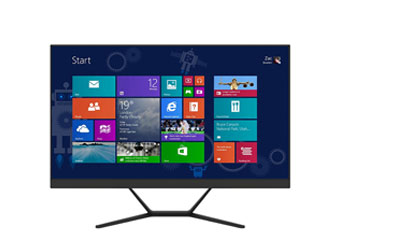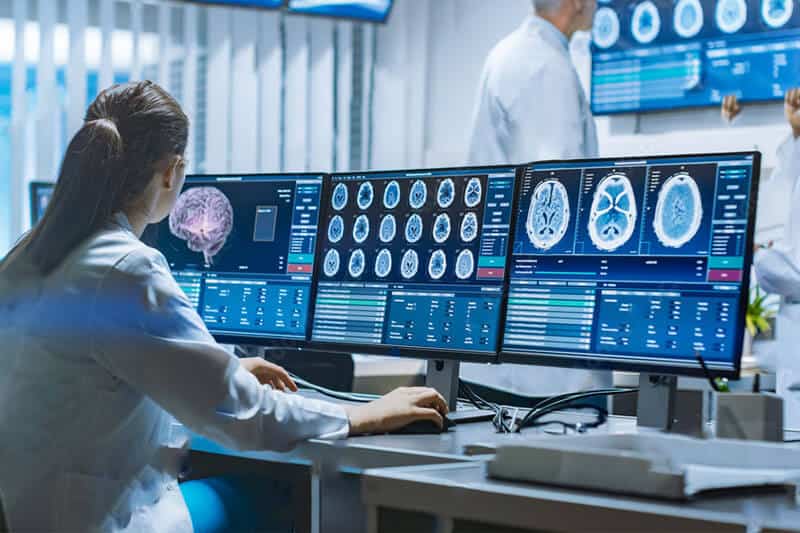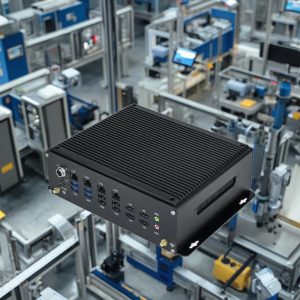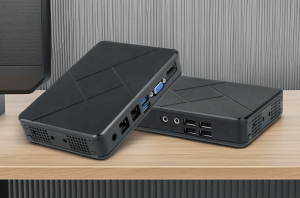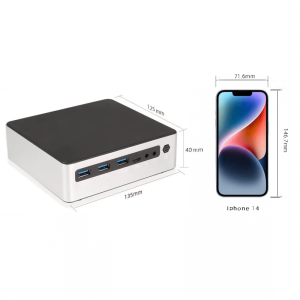Mini PCs have a significant impact on medical care, as they are becoming increasingly popular in various healthcare applications. These compact devices are highly versatile and can be used across a wide range of medical applications.
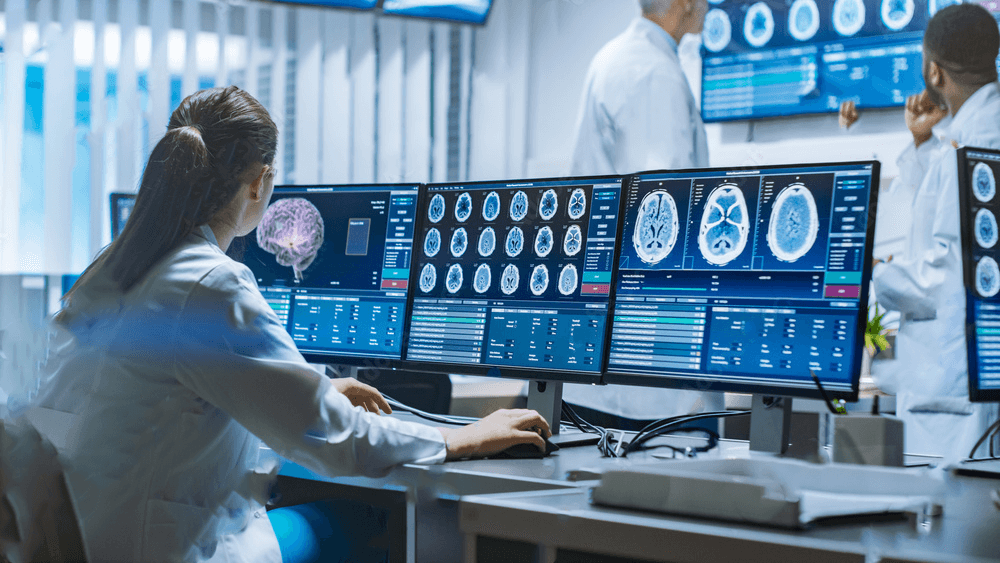
Electronic Medical Records (EMR) management:Mini PCs provide healthcare providers with easy access to patient data, allowing them to quickly find and review patient information when they need it. This improves the efficiency of medical care delivery and can help to reduce errors by ensuring that accurate and up-to-date information is always available.
Imaging: Mini PCs are also being used to view and analyze medical images such as X-rays, CT scans, and MRIs. This is particularly useful for radiologists who need to review large amounts of imaging data. Mini PCs can be used for real-time patient monitoring, providing healthcare providers with up-to-date information on vital signs, medication administration, and other important metrics.
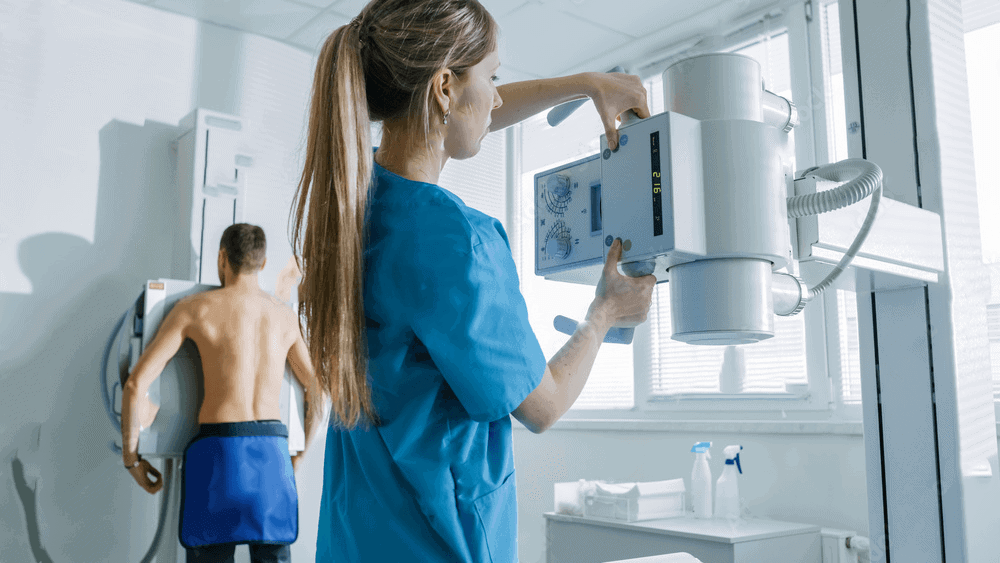
Patient monitoring: Mini PCs can be used to monitor patients in real-time, providing healthcare providers with up-to-date information on vital signs, medication administration, and other important metrics.
Telemedicine: Mini computers are an essential tool for telemedicine, allowing remote consultations between patients and healthcare providers. They can also be used in medical research, particularly in the area of genomics, where they are often used to analyze large datasets.

Medical research: Mini PCs can be used in medical research, particularly in the area of genomics, where they are often used to analyze large datasets.
Overall, mini PCs are proving to be an invaluable tool in modern medical care, helping to improve the efficiency and effectiveness of healthcare delivery and ultimately improving patient outcomes.
JIERUICC NUC Mini PC Recommend as below

